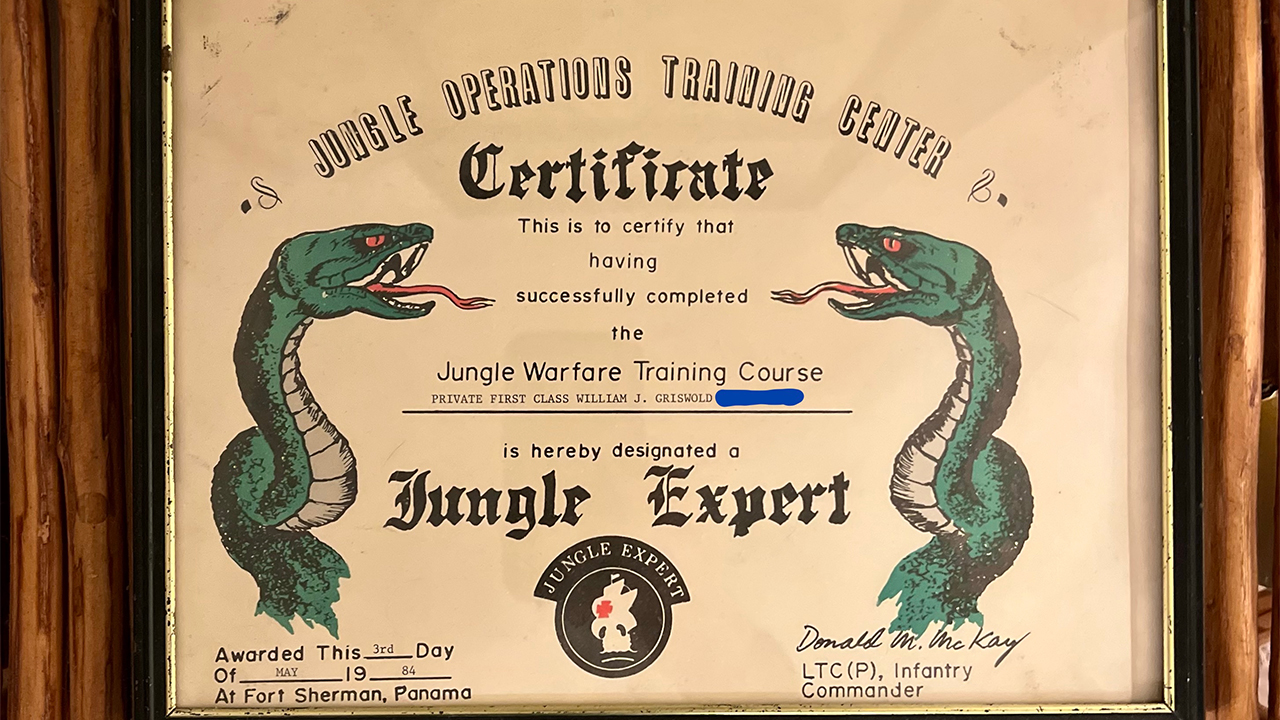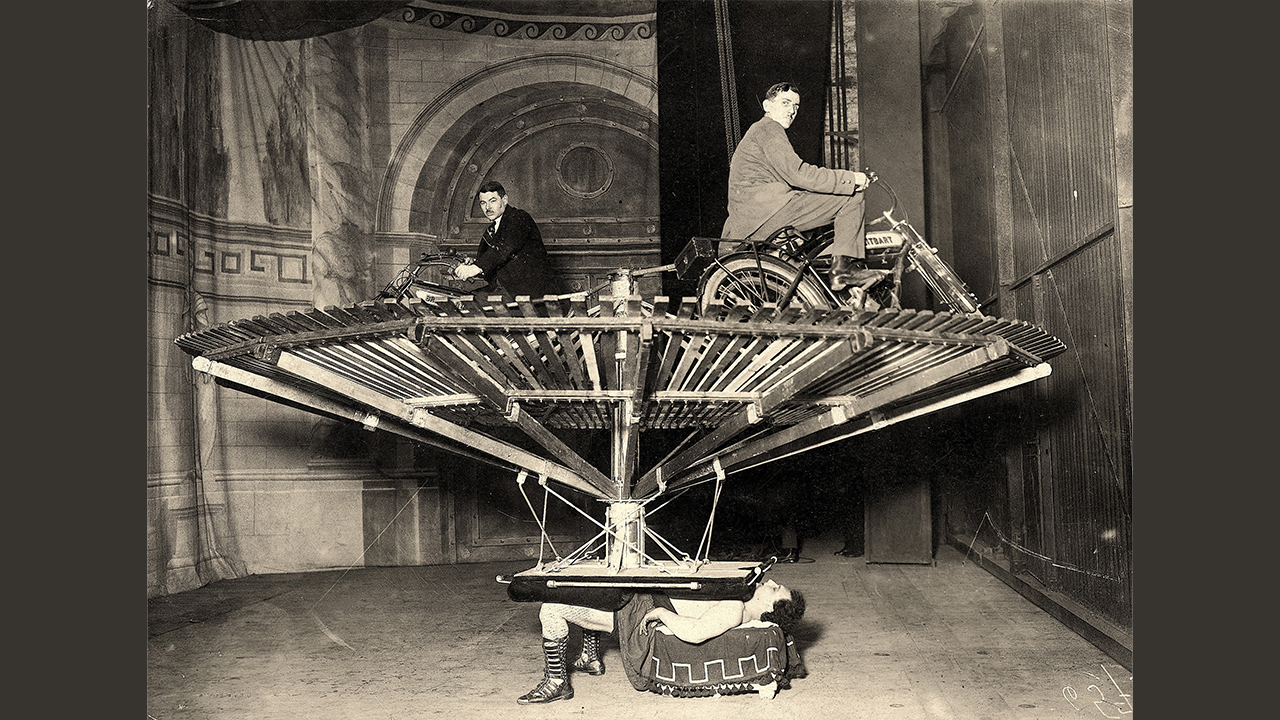The Gift of Attention Paid
November 11, 2021

All kids are tuned to difference, since it means survival. But when you grow up poor you become acutely aware that some people have the means to change things, even in small ways, but do not. Discouraged by the enormity of the problem, they laugh too much or develop blank or busy looks. They do not focus, since that costs time and feeling.
Rarely I got some help that made a generational difference, but more often it was enough that someone simply slowed down and spent some time. A cousin of mine, who died last week at 80, showed me how to play board games, asked my opinion about religion, joked about silly stuff. He taught me to have a real conversation and how to ask questions and to listen. Until I was in my twenties and out of the army, he and I probably did not spend more than a dozen hours a year together, but they made a life’s difference. I am glad I told him that, a few years ago. He said he wished he could have done more.
But he and his wife could not have helped pay for my medical needs, or weekly grocery bills, or house repair, or my college education. Genuine attention was what they could afford, and they gave it, even though I was not their kid.
I have been thinking a lot about those who gave what they could to a precocious kid, without obligation. Call it unconditional friendship and a not-disinterested hope for my future, even with their adult understanding of the unevenness of time between us and the obstacles before me.
I remember a man named Bill B. He and his wife were overseas with my family, and they had seen my parents’ marriage fall apart and heard all the complaints, probably from both sides. Their home was decorated with art objects collected in their travels, and they had food, and I loved to visit. As the women talked, Bill welcomed me in to the living room as if I was a colleague, not some kid, and always had some project waiting he wanted to share with me.
Once he had a little steam engine sitting on a high table, and we pulled up stools to consider it. It was not much bigger than a deck of cards, but it was no toy. It was made of brass and nickel and rubber, and had a little boiler, a little stopcock to keep the pressure in until the gauge showed it had built a head of steam, a little cylinder and rods like bird bones, a little flywheel, and shrill little whistle.
Bill pretended to need me to figure out where to put the fuel tab to get it going, then let me light it. He worked in university publications but knew the chemistry and physics of the thing, and as we waited for the water to heat he gave a small lesson on states of matter and the expansion of gasses. There were dangers in these forces, he explained, but also ways to avert disaster and do good work, even if the machine was not going anywhere.
A toy is a way of getting up to speed, I see now.
Here is the world, Bill was saying by his focus. It is filled with mysterious forces that one day you will better be able to understand. Together, now, we can pay attention.








